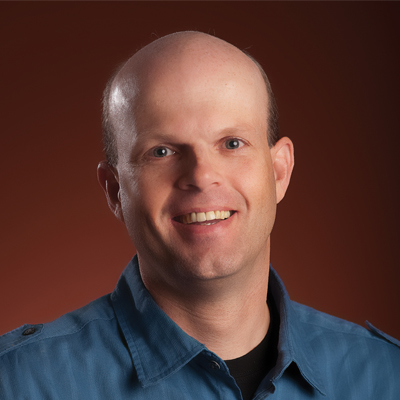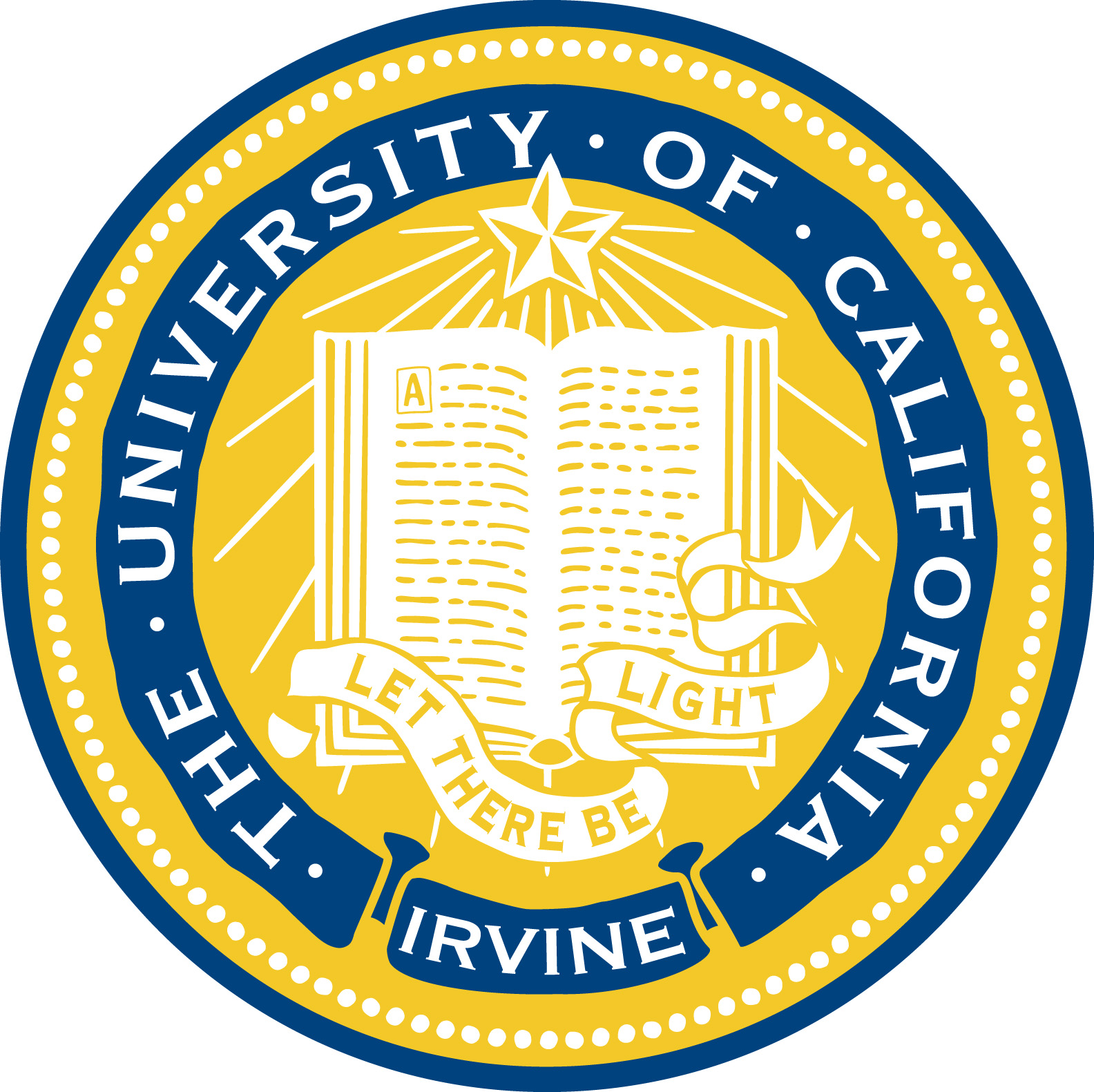Studying how software developers work leads to better software for everyone
Software development has reached an interesting paradox: while software has contributed to incredible advances in just about every discipline imaginable, software developers have kind of forgotten about themselves - the tools they use today still resemble the tools they used decades ago. Herein lies a key challenge: what tools can help developers be more creative and productive, so they can deliver software to everyone everywhere that is more suited for the job, more user friendly, and of higher quality? Dr. André van der Hoek, Professor of Informatics at the University of California, Irvine, is driven by the desire to address this challenge. He particularly seeks to assist developers with innovative new software tools that match how they wish to - and typically how they try to - work on a daily basis. His results are both immediate, in terms of small but critical enhancements to existing tools, and more long-term, in terms of visionary new approaches that radically change how software is developed altogether.
Perhaps most unique about Dr. van der Hoek is the fact that he immerses himself in current practice, studying actual software developers engaged in their actual work at companies as diverse as Boeing, IBM, HP, Hitachi, Appirio, Adobe, and others. By spending time with the developers and closely observing what they do, Dr. van der Hoek has been able to unearth previously invisible practices and design novel tools that support those practices. Further distinguishing his research, Dr. van der Hoek brings the newly designed tools back to the very organizations he studies, with direct and widespread impact. Dr. van der Hoek’s is equally passionate about education. Through the design of educational games and by bringing what he learns in the research into the classroom, Dr. van der Hoek helps coach students to be leaders well-versed in the next movements of software development.
Current research includes:
-
Software Designers in Action: Dr. van der Hoek’s work asks how to ideally support software developers in designing software. Today, it is ill understood how designers work, how their ideas slowly but surely form into a comprehensive structure, and how they collaborate with colleagues in doing so. Dr. van der Hoek’s studies of software designers at the whiteboard, while ongoing, have already lead to the articulation of 62 practices of expert software designers, a research prototype tool that already saw varied use (including at Boeing), and a startup (sketchtogether.com) that now is turning the research into a real product.
-
Searching for Code: Billions of lines of code are freely available on the Internet, yet it is still very difficult for developers to effectively search this incredibly valuable resource for good examples, pieces of code to reuse, or simply inspiration. Dr. van der Hoek is exploring new paradigms, particularly seeking to replace inefficient keyword-based search engines with new search engines that help developers rapidly reformulate their queries so they can hone in on results of interest more quickly and more often.
-
Crowdsourcing and Software Development: Lay persons making small but valuable contributions to large-scale problems has shown tremendous promise in all sorts of fields. Software development, however, poses a unique challenge for crowdsourcing because of its complex nature. Dr. van der Hoek is addressing this barrier through new ways of breaking down software development work, investigating how crowdsourcing might be used in debugging, programming, and even design. This work, in looking at software development in a fundamentally new way, has the potential to be a disruptive force, potentially reshaping the field for decades to come.

Bio
Dr. André van der Hoek’s love for research was first awakened when, as an undergraduate student in the Netherlands, he was given the opportunity to spend a year in Boulder, Colorado as an exchange student. The experience left a deep impression and, when he was asked to return as a Ph.D. student, he did not need to think twice.
Even in those early days, Dr. van der Hoek had a deep passion for software engineering, with a straightforward motivation. In his own words, “I have a deep interest in helping ‘Joe’ and ‘Jill’ developer be able to enjoy and succeed in doing their day-to-day jobs.” With a firm belief that research can significantly add to the current practice, Dr. van der Hoek wants to make the tools that software engineers use each day powerful, effective, and easy to use.
Today, Dr. van der Hoek serves as chair of the Department of Informatics at the University of California, Irvine where he heads the Software Design and Collaboration Laboratory, which focuses on understanding and advancing the roles of design, collaboration, and education in software development. He has authored and co-authored over 100 peer-reviewed journal and conference publications, and in 2006 was a recipient of an ACM SIGSOFT Distinguished Paper Award. He is a co-author of the 2005 Configuration Management Impact Report, the 2007 Futures of Software Engineering Report on Software Design and Architecture, and the 2013 book, “Software designers in action: a human-centric look at design work”.
In his free time, Dr. Hoek enjoys cycling. As both a commuter and a weekend warrior, he rides about 100 miles each week. When not in the lab or on his bike, he spends much of his time with his family.
Dr. van der Hoek Website: www.ics.uci.edu/~andre
Software Design and Collaboration Laboratory: sdcl.ics.uci.edu


